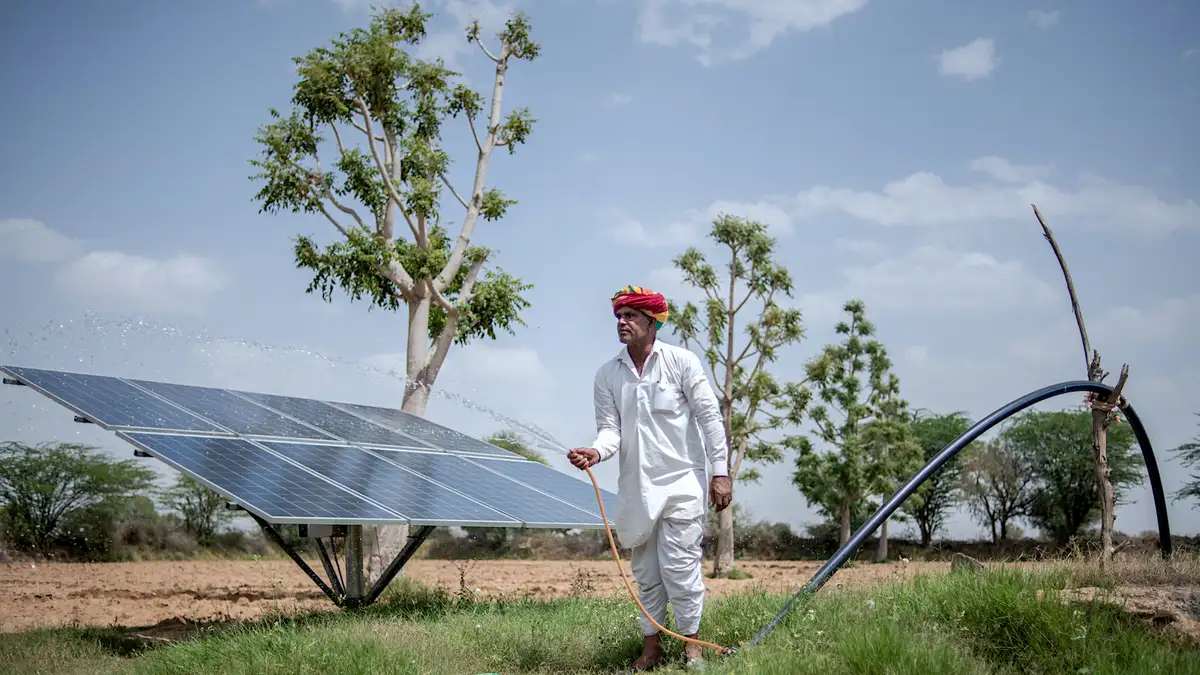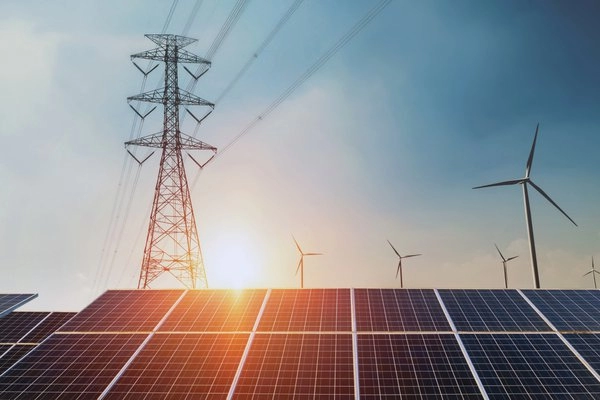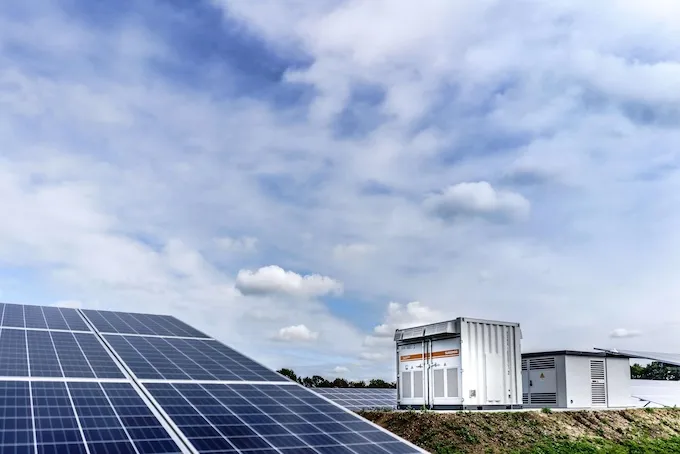How important are solar energy storage solutions to customers in the Middle East?
In the Middle East, demand for solar energy storage solutions continues to grow steadily, driven by environmental and economic factors. With abundant sunshine, solar energy has become an attractive alternative to meet the region’s energy needs. In energy-demanding areas such as the Middle East, especially during the hot summer months, solar energy storage solutions offer significant advantages, enabling energy independence, reducing reliance on traditional grid systems, and mitigating the impact of power outages. This article will explore why solar energy storage solutions are so important to customers in the Middle East and why users in the region are more inclined to adopt such technologies.
Economic Benefits of Solar Energy Storage Solutions for the Middle East
One of the main drivers for adopting solar energy storage solutions in the Middle East is the potential for significant cost savings. Due to the intense summer heat, the region consumes much energy, and air conditioning is a major component of electricity bills. The solar energy storage solution enables users in the Middle East to store electricity during the peak of solar power generation during the day so that it can be used at night when the grid demand is high.
For customers in the Middle East, investing in a solar energy storage solution can reduce reliance on the national grid, thereby gradually reducing the cost of electricity. In addition, governments in the region are providing incentives for installing solar systems and energy storage solutions, further enhancing their economic appeal. These incentives, combined with the falling cost of solar technology, have made solar an increasingly viable and attractive option for homes and businesses in the Middle East.

Reduce Grid Dependence with Solar Energy Storage Solutions
In many countries in the Middle East, people are highly dependent on the national grid. In some areas, the grid infrastructure can be unstable or overwhelmed during peak electricity demand. This can lead to power outages or voltage fluctuations that disrupt daily life and affect business operations. The solar energy storage solution can provide energy independence, allowing users in these areas to rely on their stored solar energy during grid outages or peak electricity demand.
For Middle Eastern customers, storing solar energy and reducing reliance on the grid, especially in areas where energy outages are more common, can provide peace of mind. At the same time, with growing energy demand due to population growth and industrial development, using solar energy storage solution can ensure a stable and uninterrupted power supply, making these solar energy systems a vital part of the energy infrastructure in these regions.

Importance for Residential Users in the Middle East
For residents in the Middle East, the importance of solar energy storage solution lies in their ability to provide a reliable and uninterrupted power supply. In many parts of the Middle East, grid instability and power outages can disrupt daily life. Solar storage solutions offer a way to store energy for later use, ensuring that homes can be powered even when the grid fails. As the region’s summer heat sets in, demand for cooling systems peaks, putting pressure on the grid. By incorporating solar energy storage solutions into their homes, residents in the Middle East can reduce their reliance on the grid during peak hours and more efficiently manage their energy use. The Solar energy storage solution can help homeowners lower their electricity bills, allowing them to rely on their solar power during peak energy demand.

Importance for Middle Eastern Businesses
The business sector in the Middle East is also benefiting from the solar energy storage solution. For businesses, solar energy storage systems effectively reduce operating costs and ensure energy security. Many companies rely heavily on electricity to operate, especially energy-intensive industries like manufacturing, retail, and hospitality. By integrating a solar energy storage solution, businesses can generate, store, and use their electricity during peak electricity demand, reducing their reliance on the grid and electricity costs. In addition to the economic benefits, businesses that adopt solar energy storage solutions also demonstrate their commitment to sustainability. With increasing pressure from governments and consumers for businesses to adopt environmentally friendly practices, renewable energy solutions such as solar can enhance a company’s reputation and attract environmentally conscious customers.
Appeal from Technological Advances
Advances in solar technology, especially solar energy storage solutions, have significantly improved efficiency, cost-effectiveness and accessibility. Over the past few years, the price of batteries and energy storage systems has dropped dramatically, making solar storage solutions more affordable for consumers in the Middle East. Modern solar systems are more efficient and store larger amounts of energy. They are equipped with innovative features such as remote monitoring and management, giving users more control over their energy use. In addition, many solar energy storage solution now come with hybrid systems that can integrate seamlessly with the local grid. This allows users to optimize their energy storage utilization, deliver excess power back to the grid and receive compensation. The development of more advanced, convenient and cost-effective solar storage solutions has made it easier for Middle Eastern customers to adopt this technology.
Importance to the Middle East’s Future
Solar energy storage solutions are undoubtedly vital to Middle Eastern customers. They provide many benefits, including energy independence, cost savings and sustainable development. For residential and commercial users, these solutions allow them to harness the sun’s energy, store excess energy, and reduce reliance on unreliable grid systems.



